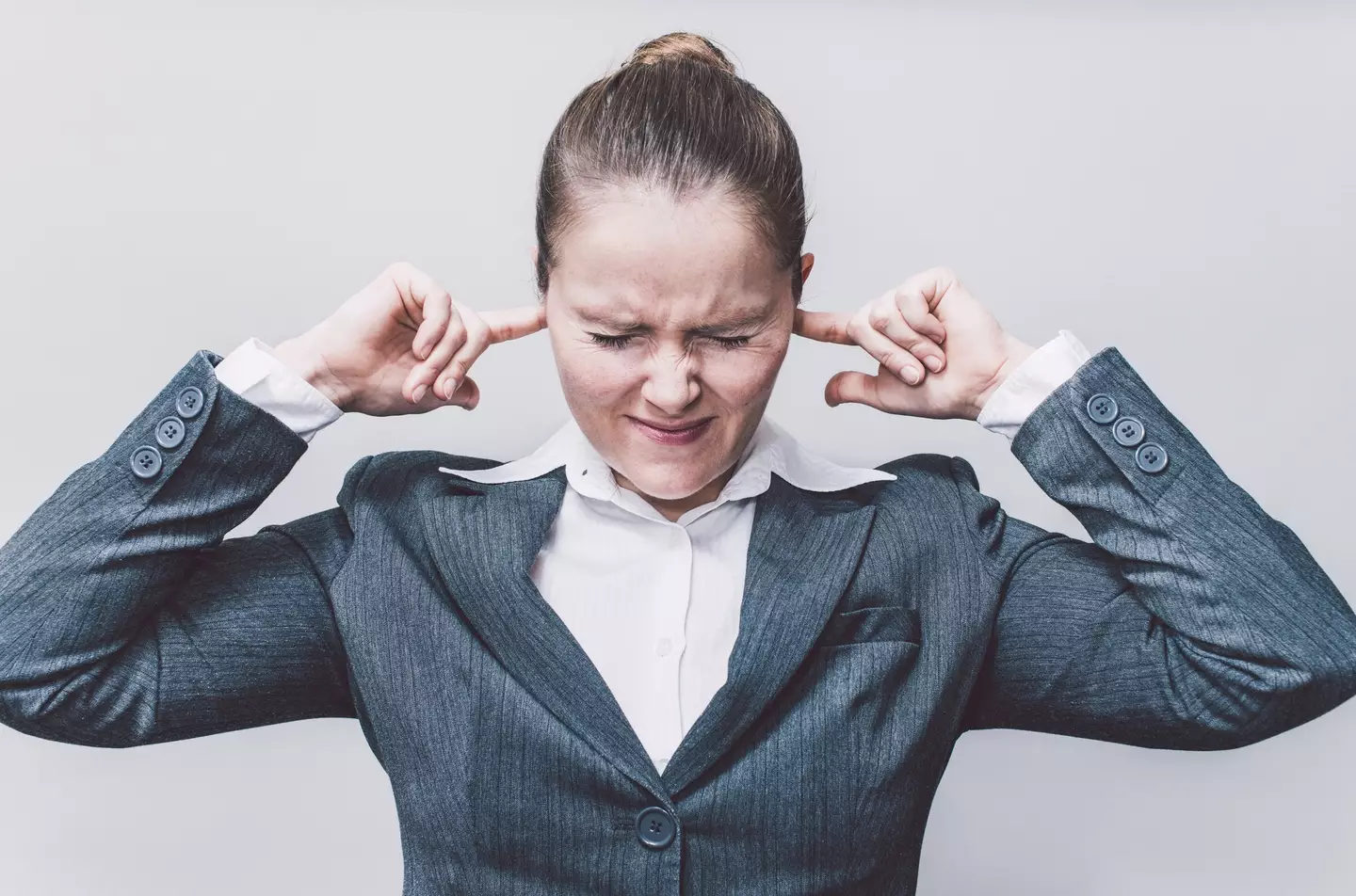
Have you ever been driven mad by a particular sound? Maybe it's the sound of sniffing, or the hum of a fridge, or perhaps the sound of someone chewing.
If you have, there's a chance that you could be one of the nearly one in five adults who have a condition called misophonia.
While that name might not sound familiar, if you heard its other name then you might understand a bit better.
Advert
And that name? 'Sound rage'.
The condition affects around 18 percent of adults in the UK, and while for many it is mild, for others it can be debilitating, even impacting on relationships.
To be clear, we're not talking about being mildly irritated by something.
Misophonia is where a sound can trigger a 'fight or flight' response in someone, so this is not just mild annoyance, it's a visceral reaction that can even trigger an urge to flee.
It's probably a small surprise that the condition often also comes alongside other mental health problems, including depression, anxiety disorders, and PTSD.

Given that emotional regulation is a part of misophonia as certain sounds illicit a strong reaction, it makes sense it might often come alongside other co-morbidities.
Dr Zach Rosenthal runs the Centre for Misophonia and Emotion Regulation at Duke university in Durham, North Carolina, and explained that the sound of eating is a very common complaint from patients with the condition.
He told The Guardian: “Chewing, crunching, snorting, sniffing, throat clearing, nose whistling, heavy breathing.
“These are all relatively ordinary everyday things that people need to do, but in people with misophonia they are experienced as highly aversive.”
This 'aversive reaction' can even take the form of physical changes in the body, for example. increased heart rate or muscle tension.
There are also psychological reactions such as anxiety, irritability, and shame.

Misophonia is no laughing matter either, as the impact of it can be severe.
Dr Jane Gregory, a clinical psychologist who has co-authored a paper on misophonia, said that she knows of relationships that have broken down over the condition.
She explained why it can be difficult to talk about: “You are essentially telling someone: ‘The sound of you eating and breathing – the sounds of you keeping yourself alive – are repulsing me'.
"It’s really hard to find a polite way to say that.”
Listening to someone noisily eating is certainly one way for a first date to go south.
If you are worried about it, then things like putting on music, taking a break from where a noise is, or even cognitive behavioural therapy can all help.
Topics: Health, Mental Health
